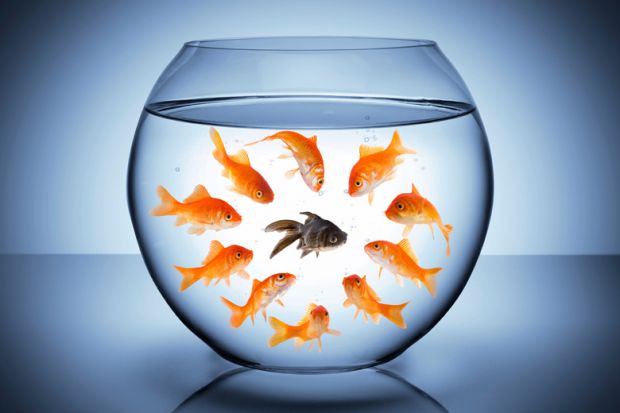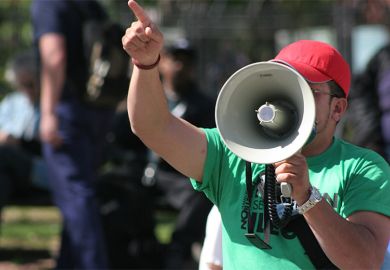Since the eruption of the #BlackLivesMatter movement several years ago and then the widespread protests in 2020, race has taken on a renewed focus in all areas of political, social and popular culture. However, the presence of racism continues to haunt us. Reports of celebrities such as the footballer Marcus Rashford being subjected to racial abuse on social media or a Black student being racially profiled at the University of Manchester because he “looked like a drug dealer”, for example, remind us of just how constant it is.
Recent attention has also turned to interracial relationships, including A-listers such as Serena Williams and Alexis Ohanian and even royals such as Prince Harry and Meghan Markle. The question about the latter couple has always been: why would Harry want to go out with a Black woman when he could simply have chosen a beautiful White woman? In The Dating Divide, Celeste Vaughan Curington and her co-authors present extensive evidence to show how racism infects our online dating habits.
This “private” form of racism takes place behind keyboards in the bedrooms and sitting rooms of individuals. “Individual preferences” – or, to put it more bluntly, digital-sexual racism – allow Whites to maintain their anonymity while discriminating between potential dates, thereby reinforcing White preferences and White privilege. In the racial hierarchy of desire, it is Whites who occupy the highest position, so the rhetoric of personal choice reproduces established racial inequalities, hierarchies and oppressions.
“Racial preferences were historically born out of domination and perpetuated through law and violence,” write the authors. “They are maintained by social and structural inequality made evident in the imbalances we see in housing, workplaces, schools, law enforcement and cultural representation.” Just as seemingly neutral algorithms sometimes reinforce racist assumptions, as in the notorious case when the image recognition function in Google Photos classified a group of Black people as “gorillas”, hierarchies in online dating are no accident. Furthermore, we read, the state has always taken an interest in policing marriage by racial status: “The individual choice stories we tell about mate preferences today are connected to the legacy of anti-miscegenation laws and racially segregated social practices that go beyond Black-White binaries to affect the dating choices we see among all racial groups.”
Building on these arguments, The Dating Divide claims that online dating creates a sort of apartheid, where individuals can filter, reject or simply ignore certain groups. The most interesting sections draw on “the profiles of more than one million users all over [the US] but also how they interacted with other users of various racial identities”, as well as interviews with 71 online daters, to make clear that racism rears its ugly head even in the search for love and intimacy. This original, thought-provoking, engaging book is a must-read for anyone interested in exploring how racism seeps into every area of our lives.
Kalwant Bhopal is professor of education and social justice at the University of Birmingham. Her book, White Privilege: The Myth of a Post-racial Society was published in 2018. She is working on a book about elites, privilege and higher education (with Martin Myers) that will be published later this year.
The Dating Divide: Race and Desire in the Era of Online Romance
By Celeste Vaughan Curington, Jennifer H. Lundquist and Ken-Hou Lin
University of California Press, 320pp, £61.80 and £25.00
ISBN 9780520293441 and 9780520293441
Published 9 March 2021
POSTSCRIPT:
Print headline: Love is not blind on today’s apps
Register to continue
Why register?
- Registration is free and only takes a moment
- Once registered, you can read 3 articles a month
- Sign up for our newsletter
Subscribe
Or subscribe for unlimited access to:
- Unlimited access to news, views, insights & reviews
- Digital editions
- Digital access to THE’s university and college rankings analysis
Already registered or a current subscriber? Login








